Part of the responsibility I feel in writing my blog and keeping my Facebook page includes bringing awareness to problems and concerns that all chicken-keepers face. We have a lot of fun with stories and pictures of the pleasant side of keeping chickens, but important topics that make us uncomfortable must be addressed as well. My hope in sharing my experiences is that they will provoke constructive dialogue and thought about how we handle these issues individually. How we care for and keep our chickens and property safe is important to discuss, but in the end, our choices are personal and not subject to others’ approval.
With all the joys and benefits that come with keeping backyard chickens, there are plenty of heartbreaks and weighty decisions to be made about their care, chief among them, whether or not to permit a flock to free-range. This is a sensitive subject and for good reason- the stakes are high and the emotions it evokes, even higher.
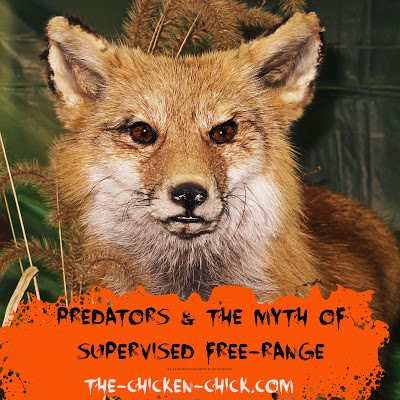
In a predator-free world, who wouldn’t prefer allowing their chickens to roam freely, unconstrained by galvanized mesh barriers to explore fresh, clean land and manage their own diets by foraging on insects and vegetation, all while getting plenty of exercise? But, we do not live in a predator-free world and choices must be made based upon our risk tolerances and what we feel is right.
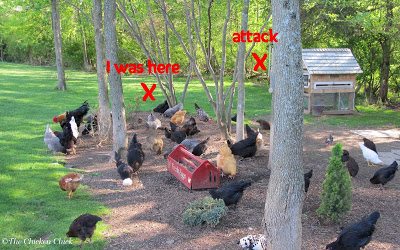
THE MYTH OF SUPERVISED FREE RANGE
The theory of “supervised free-range” suggests that one can prevent predators attack from happening by being physically present with the flock while they graze, unconfined. The concept of supervised free-range seems like a reasonable compromise between the two extremes of complete physical freedom and constant confinement to a limited area. Unfortunately, supervised free-range does not actually prevent predator losses as I witnessed just prior to dusk last night. A coyote silently and skillfully procured his dinner from my flock as I stood mere yards away. My rooster, Blaze, immediately rushed to aid his hen, but the perpetrator and his victim were long gone by the time he reached the crime scene.
While I wish it were true that chickens are safe when we are nearby, it simply is not. Free-ranging chickens, supervised and unsupervised are fair game in the food chain. A predator’s hunger can take precedence over any fear of humans, and the speed with which they procure their meal, quicker than the eye. While I was armed with only a camera last night, even if I had been holding a loaded firearm, I could not have prevented or stopped the coyote attack from occurring.
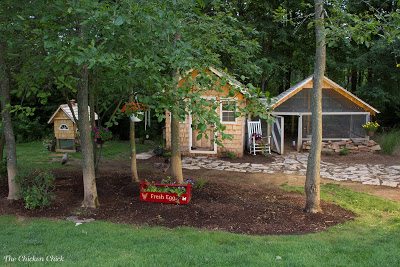
The attack itself, which occurred right behind me, is not depicted in this video, what the video shows is what was going on in front of me as it happened. By the time I turned around, the coyote was a vanishing blur and all that remained of my hen was a pile of feathers (also not shown).
There is no question that unconstrained ranging on pasture is a more natural experience for chickens or that they are healthier as a result of being able to choose from Nature’s buffet of greens and protein sources while getting much-needed exercise. The only question that remains is, what is the best quality of life I can afford my chickens given my risk tolerance for predators?
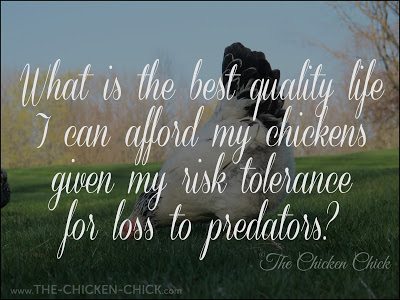
Personally, I prefer to allow my chickens live their lives fully and freely, unconfined during the day and if Nature claims them back into the food chain, I grudgingly accept that fate.
The messages I hope to impart by sharing this experience are that:
- the benefits and risks of free-ranging should be thoughtfully weighed;
- one’s personal risk tolerance for loss should be carefully considered;
- what one flock-keeper is comfortable with is the right choice for them- others need not approve.
I am always mindful that we built our house in Nature’s backyard, not the other way around and I accept the rules of the game that were in place before we imposed upon it.
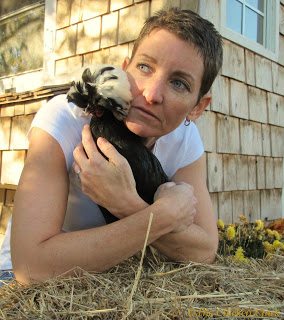
Kathy Shea Mormino
Affectionately known internationally as The Chicken Chick®, Kathy Shea Mormino shares a fun-loving, informative style to raising backyard chickens. …Read on


shop my SPONSORS
Part of the responsibility I feel in writing my blog and keeping my Facebook page includes bringing awareness to problems and concerns that all chicken-keepers face. We have a lot of fun with stories and pictures of the pleasant side of keeping chickens, but important topics that make us uncomfortable must be addressed as well. My hope in sharing my experiences is that they will provoke constructive dialogue and thought about how we handle these issues individually. How we care for and keep our chickens and property safe is important to discuss, but in the end, our choices are personal and not subject to others’ approval.
With all the joys and benefits that come with keeping backyard chickens, there are plenty of heartbreaks and weighty decisions to be made about their care, chief among them, whether or not to permit a flock to free-range. This is a sensitive subject and for good reason- the stakes are high and the emotions it evokes, even higher.

In a predator-free world, who wouldn’t prefer allowing their chickens to roam freely, unconstrained by galvanized mesh barriers to explore fresh, clean land and manage their own diets by foraging on insects and vegetation, all while getting plenty of exercise? But, we do not live in a predator-free world and choices must be made based upon our risk tolerances and what we feel is right.

THE MYTH OF SUPERVISED FREE RANGE
The theory of “supervised free-range” suggests that one can prevent predators attack from happening by being physically present with the flock while they graze, unconfined. The concept of supervised free-range seems like a reasonable compromise between the two extremes of complete physical freedom and constant confinement to a limited area. Unfortunately, supervised free-range does not actually prevent predator losses as I witnessed just prior to dusk last night. A coyote silently and skillfully procured his dinner from my flock as I stood mere yards away. My rooster, Blaze, immediately rushed to aid his hen, but the perpetrator and his victim were long gone by the time he reached the crime scene.
While I wish it were true that chickens are safe when we are nearby, it simply is not. Free-ranging chickens, supervised and unsupervised are fair game in the food chain. A predator’s hunger can take precedence over any fear of humans, and the speed with which they procure their meal, quicker than the eye. While I was armed with only a camera last night, even if I had been holding a loaded firearm, I could not have prevented or stopped the coyote attack from occurring.

The attack itself, which occurred right behind me, is not depicted in this video, what the video shows is what was going on in front of me as it happened. By the time I turned around, the coyote was a vanishing blur and all that remained of my hen was a pile of feathers (also not shown).
There is no question that unconstrained ranging on pasture is a more natural experience for chickens or that they are healthier as a result of being able to choose from Nature’s buffet of greens and protein sources while getting much-needed exercise. The only question that remains is, what is the best quality of life I can afford my chickens given my risk tolerance for predators?

Personally, I prefer to allow my chickens live their lives fully and freely, unconfined during the day and if Nature claims them back into the food chain, I grudgingly accept that fate.
The messages I hope to impart by sharing this experience are that:
- the benefits and risks of free-ranging should be thoughtfully weighed;
- one’s personal risk tolerance for loss should be carefully considered;
- what one flock-keeper is comfortable with is the right choice for them- others need not approve.
I am always mindful that we built our house in Nature’s backyard, not the other way around and I accept the rules of the game that were in place before we imposed upon it.





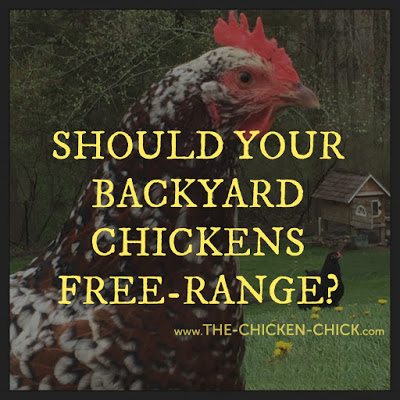
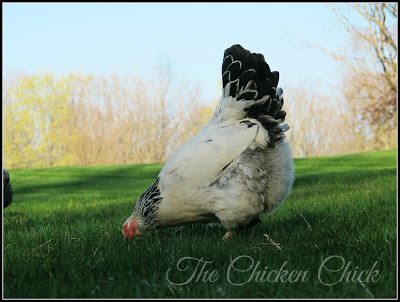









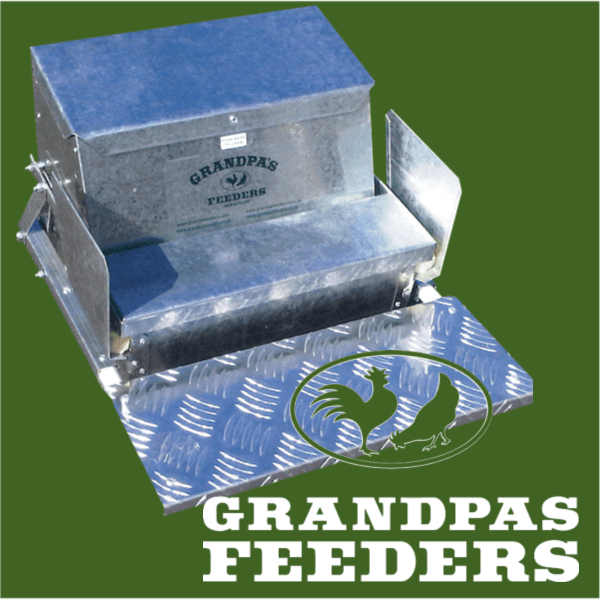







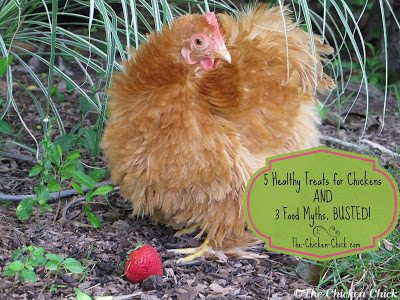















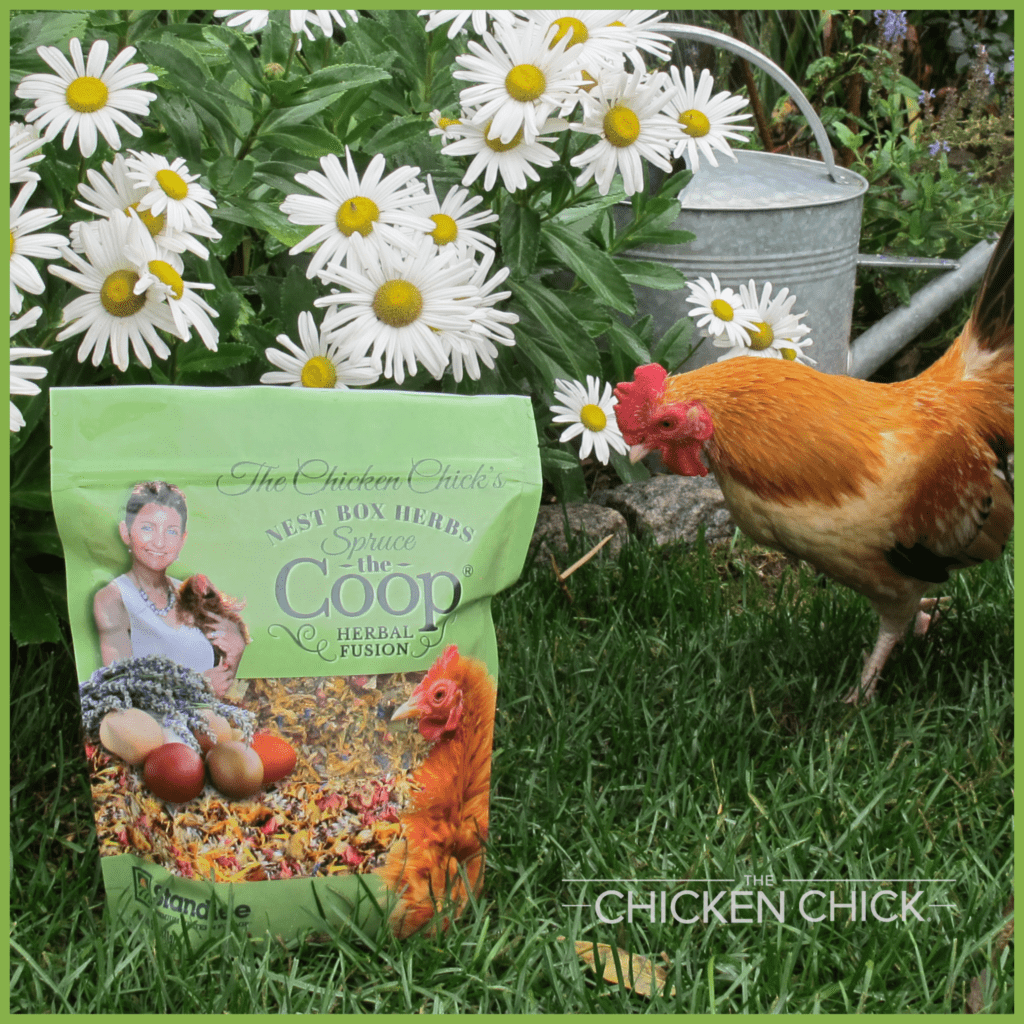

Thanks Rochelle!
Great article! Being on the bottom of the food chain, leads us to devastating moments of panic, fear and sadness. Feel your loss and the feeling of helplessness at the time of the attack. I had free range flock when we lived down south for 18 years, as long as they got back in the coop before dark all was good! Then we moved up north, off grid, on a 110 acres, where only cattle had lived before. Needless to say predators of every kind, from bear to fishers roam the ranch. I won't ever consider any form of free… Read more »
Most don't attack during the day, but the hawks sure do!!!!! At night all the predators come out, they smell dinner. We have a "chicken dog" that barks if anything approaches either the chicken coop or our front porch (which has a watermelon box and 27 chickies inside.
My sympathies to you, Blaze and the flock on the loss of one of your own. Regardless of whether you had a weapon or not, the eons of skill development on the part of a predator versus prey has pretty much put the predator on top. You would have to be in the state of constant vigilance, constant awareness and constantly on guard to react fast enough to have kept the incident from happening. I was wondering, though, if there was a way to put up some sort of fencing that would be situated so as to force the predator… Read more »
Sorry for your loss. I put aprons on my Girls after hawk came after them. Still keeping eyes open